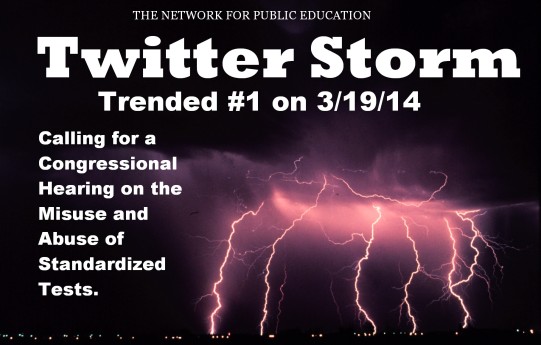Repay schools their stolen property taxes now, while times are good | EdSource Today:

Jennifer Bestor
Should California schoolchildren be the state’s interest-free lenders of first resort? Most people would say no. Yet they are.
Should California, in opposition to the equitable school financing principles outlined in Serrano v. Priest, take the most stable, reliable, local funding – property tax – out of the poorest schools? Most people would say no. But we have.
Was Proposition 98 designed to enable money to flow away from education? Most people would say no. So why has Prop. 98 been shoved into the alien role of “guaranteeing” that schools will be “made whole” despite massive incursions into their funding?
Ten years ago, Sacramento sidestepped a financial crisis. It made California schoolchildren its powerless bankers. It took an enormous $5 billion chunk of their property taxes, predominantly from the poorest schools, to service the state’s debts. Sacramento promised – falsely, it turned out – it would repay the funds, that Prop. 98 would force it to do so, completely and promptly. No one said boo.
Over that decade, the value of the lost $5 billion in property taxes has grown to $7.6 billion. Prop. 98, requiring that the state meet its “guaranteed” level of K-12 spending, has been suspended twice. We are now in the sixth year in which the state has not paid schools promptly, deferring a sizable portion of base funding until after the end of the school year. These interest-free deferrals have cost individual California schoolchildren heavily as schools have had to incur borrowing cost
School funding reforms spark push to get parent input

Participants share ideas about San Diego Unified School District’s Vision 20/20 strategic plan and the Local Control Funding Formula at Crawford High School.
Credit: Alex Gronke, EdSource Today
California’s
new school funding law has sparked a major push to get input from parents, at least in most school districts being tracked by EdSource in diverse parts of the state.
Those districts have held – or plan to hold over the next few weeks – public forums that go significantly beyond what is prescribed in the law and its central feature, the Local Control Funding Formula. The funding formula targets additional funds to districts based on the number of low-income students, English learners and foster children attending their schools.
California State PTA President Colleen You said
her organization is “very encouraged” by what has occurred so far, although she said that across the state, efforts by school districts to engage parents has been “uneven.” “One of the keys will be to see what happens when districts start sharing the drafts of their accountability plans,” she said. “Until then it is speculative to know whether it will make a difference.”
Under the law, districts are required to draw up a
Local Control and Accountability Plan by July 1. What is less clear is how the input districts are receiving will shape those plans and influence how districts decide to spend the extra money they will get.
“My hope is that the meetings are meaningful and that we are in fact embarking on a new era of
Nite Cap 3-21-14 #BATsACT #RealEdTalk #EDCHAT #P2James Baldwin said it best: "For these are all our children, and we will profit by or pay for whatever they become."A BIG EDUCATION APE NITE CAPCT News Junkie | OP-ED | Politicians Underestimate Common Core Opposition at Their PerilCT News Junkie | OP-ED | Politicians Underestimate Common Core Opposition at Their Peril: OP-ED | Politicians Underestimate Common Core Opposition at Their Pe
by mike simpson / 2h











